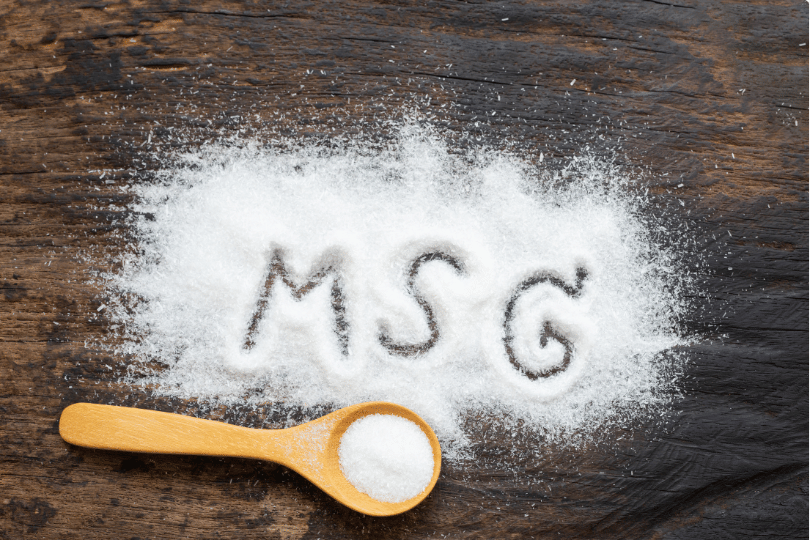
Monosodium glutamate (MSG), also known as Ajinomoto, is a flavor-enhancing food additive. Despite its extensive use, especially in Asian cuisine, it has been the subject of controversy and negative health allegations. But are these allegations substantiated? Let’s find out.
What is MSG?
MSG, or Ajinomoto, is a compound composed of sodium and glutamic acid, a commonly occurring amino acid. It is produced using plant-based ingredients like sugar cane, sugar beets, sodium, cassava, or corn. MSG was first synthesized in 1908 by Japanese chemist Kikunae Ikeda, who discovered that glutamic acid imparted a unique savory umami flavor to food.
The MSG Controversy
There have been claims that MSG can cause arterial blockages or even heart attacks. However, the Food and Drug Administration (FDA) has classified MSG as a food ingredient that’s “generally recognized as safe”, debunking the claims that label MSG as dangerous.
MSG and Health
While MSG is generally safe to consume, it should be used sparingly. Overuse of this flavor enhancer can be detrimental to your health. MSG is a flavoring agent made with glutamic acid, a common amino acid found in foods like vegetables, cheese, tomatoes, fish, meat, eggs, lentils, and other dairy products.
Some people report experiencing symptoms like headaches, sweating, and chest pain after eating foods containing MSG, a condition sometimes referred to as “Chinese Restaurant Syndrome”. Additionally, some individuals may be sensitive to high doses of MSG or have underlying health conditions that make them more susceptible to its effects.
Excessive consumption of sodium, a component of MSG, can lead to high blood pressure and cardiovascular issues, posing a risk for individuals with hypertension or those at risk of heart disease. There is also some evidence suggesting that MSG-rich foods may promote overeating due to their enhanced taste, potentially leading to weight gain and obesity over time.
The Final Word
MSG, or Ajinomoto, is not inherently harmful to health. However, like any food additive, it should be consumed in moderation. While some people may have a sensitivity to MSG, for most people, it is a safe and effective way to enhance the flavor of food. As with many things in nutrition, the dose makes the poison. So, while MSG can be part of a healthy diet, it’s always a good idea to consume it in moderation.

















Leave a Reply